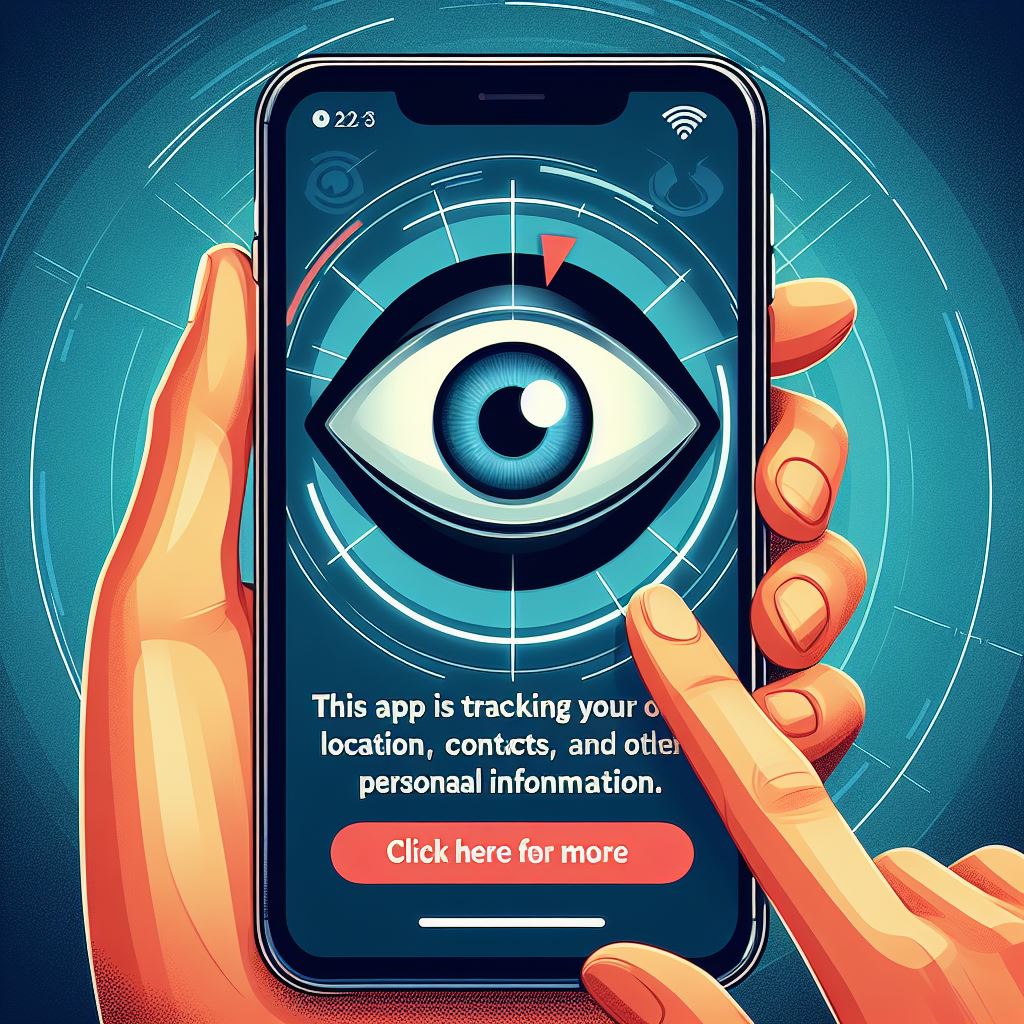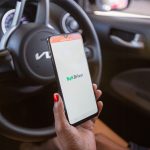South Africa’s retail forex industry is entering a decisive phase as regulation tightens and consolidation accelerates. What does it mean for brokers and traders?
What apps know about you, from shopping apps, to the most data hungry

Any app comes with its pitfalls and your consent grants the application access to data necessary for its functionality. It’s understanding the impact of granting an app access to your data that users need to understand and take seriously.
The danger
Navigating your way to a business meeting also means you’re disclosing your whereabouts, and apps that collect data on occasion go a step further.
They collect a users personal details and track them across different platforms to at times sell it off to data brokers.
According to some findings from Surfshark, for a sturdy of 100 popular apps of various categories, Facebook and Instagram collected the most data, while Twitter tracked the most collected data points across platforms.
Lead researcher at Surfshark Agneska Sablovskaja says they found a concerning trend that nearly 20% of collected data was used for tracking. Tracked data can be shared with third-party advertisers or data brokers, who use it to deliver personalized ads targeting the users, or assisting companies in market research.
“Understanding an app’s privacy policy is crucial for safeguarding digital autonomy,” she said.
Surfsharks’ research highlights how social media app X among other social media and messaging apps, shared data with third parties the most, while Facebook and Instagram collected significant amounts of user data.
The research is aided by a free App privacy checker tool where users can select the specific apps they have on their phone and receive a report on the extent of data collection.
The reason for data collection
There are several reasons apps collect data linked to you and how that data may be used.
Some examples of how that data could be used include, tracking users and their behavioral preferences and using the data linked to user preferences to curate future adverts.
Linking data is when a service provider associates the collected data with the user’s identity.
Findings
Some of the findings highlighted that Facebook and Instagram could be named the most data-hungry apps on social media for collecting 32 out of 32 data points, linking all data points to the user’s identity, and using 7 data points to track their users across third-party advertising networks such as email, phone number and physical address and or device ID.
X formally known as Twitter was an app that shared the most data points with third parties.
“Out of 22 data points, 10 collected by Twitter are used to track the user, like email address, precise location, physical address, and browsing history. Reddit is 4th (after Twitter, Instagram, and Facebook) when it comes to user tracking, tracking 4 data points across third-party platforms,” read Surfshark’s analysis.
We saw how some shopping and food delivery apps not only linked most data to the users but they also used the data to track their users.
How apps collect your search history and precise location
Around 90% of the apps collected usage diagnostic and identifier data such as product interaction, user ID, device ID, crash and performance data, and details that were most essential for the apps’ functionality.
About two-thirds of the apps collected your name and coarse location and nearly half collected your precise location.
Coarse location refers to a more general estimation of where you are, while precise location is a more detailed and accurate location.
Contact information. Some apps collected contact information with a fifth of the apps collecting information such as emails even text messages, including browsing history.
The upshot
Downloading apps requires scrutiny and user responsibility.
Surfshark recommends checking the developers’ reputation and data retention policies.
Pay attention to constant permission requests to access the contact list, camera, storage, location, and microphone, and limit access to only when the app is in use.
While this may not be full-proof, it’s highly recommended to read terms even when it seems we all have no choice at times but to click the Agree button.
Also read: How Google teamed up with Samsung to bring GalaxyAi forward

